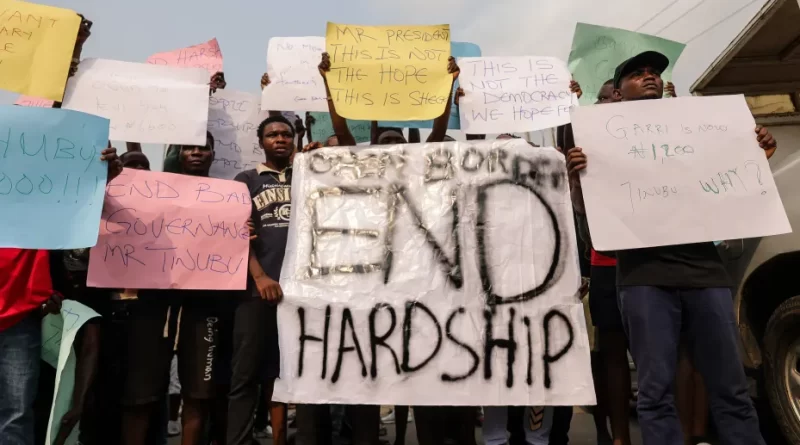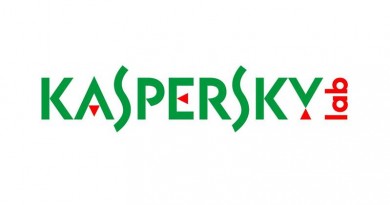Currency crisis and rising inflation are killing Nigeria
Nigeria is currently grappling with a severe economic crisis as its annual inflation approaches 30% and its currency continues to plummet. This dire situation has sparked widespread outrage and protests across the nation. On Monday, the Nigerian naira hit a record low against the U.S. dollar on both the official and parallel foreign exchange markets, reaching nearly 1,600 against the greenback on the official market, a significant drop from its value of around 900 at the beginning of the year.
To address this alarming situation, President Bola Tinubu has announced plans to raise a minimum of $10 billion in order to enhance foreign exchange liquidity and stabilize the naira. This initiative, as reported by various local media outlets, aims to alleviate the economic strain caused by the currency crisis. Since assuming office in May 2023, President Tinubu has been confronted with a struggling economy and has made promises to implement a series of reforms to restore stability.
In an effort to revive the beleaguered economy and attract international investments, Tinubu has taken steps to unify Nigeria’s multiple exchange rates and allow market forces to determine the exchange rate. However, this decision has resulted in a sharp decline in the value of the currency. Additionally, the market regulator modified the calculation method for the currency’s closing rate, leading to further devaluation.
Furthermore, years of strict foreign exchange controls have contributed to a significant demand for U.S. dollars, exacerbating the crisis. This demand has arisen at a time when overseas investments and crude oil exports, which are crucial sources of revenue for Nigeria, have experienced a decline. The combination of these factors has intensified the economic challenges faced by the country.
Pieter Scribante, a senior political economist at Oxford Economics, stated in a recent note that the devalued exchange rate is expected to contribute to an increase in imported inflation, further exacerbating price pressures in Nigeria. This is concerning considering that Nigeria is Africa’s largest economy with a population of over 210 million people, heavily reliant on imports to meet the demands of its rapidly growing population.
Scribante also highlighted that the shrinking disposable incomes and worsening cost-of-living pressures will continue to be significant concerns throughout 2024. These factors are expected to hinder consumer spending and impede private sector growth in the country.
Furthermore, inflation rates in Nigeria have been soaring, with the headline consumer price index reaching 29.9% year-on-year in January, the highest level since 1996. The surge in inflation is primarily driven by a persistent increase in food prices, which rose by 35.4% compared to the previous year.
The rising cost of living and economic hardships have led to protests across the country over the weekend. The depreciation of the currency has further compounded the negative effects of government reforms, such as the removal of gas subsidies, resulting in a tripling of gas prices.
President Tinubu stated in late July that the government has already saved over 1 trillion naira ($666.4 million) from the removal of subsidies, which will be redirected towards infrastructure investment.
Alongside surging inflation and a plummeting currency, Nigeria is also grappling with unprecedented levels of government debt, high unemployment, power shortages, and decreasing oil production – its primary export. These economic challenges are further exacerbated by violence and insecurity in numerous rural areas.
Excess market liquidity, exchange rate pressures, and shortages of food and fuel pose a threat to price stability, with inflation risks spiraling out of the government’s grasp, as stated by Oxford Economics’ Scribante.
Strong import demand may compel the Central Bank of Nigeria (CBN) to reintroduce import bans and foreign exchange restrictions to alleviate pressure on the balance of payments. This move could worsen shortages of domestic products and further escalate inflation.
Inflation is projected to reach a peak of nearly 33% year-on-year in the second quarter of 2024, according to Oxford Economics, and may remain elevated for an extended period due to the multitude of economic risks on the horizon.
Moreover, mounting inflation and a more hawkish stance by the CBN suggest that the policy rate might be increased this quarter, as mentioned by Scribante. The current policy rate stands at 18.75%.
We anticipate a total of 200 basis points in rate hikes at the upcoming two MPC meetings, scheduled for the end of February and the end of March this year; nevertheless, we believe that additional hikes are necessary to curb the rising inflation, Scribante added.
Jason Tuvey, deputy chief emerging markets economist at Capital Economics, anticipates that the CBN will opt for a more substantial interest rate increase when policymakers convene on February 26 and 27.
“The meeting will serve as a crucial test to determine whether the policy shift under President Tinubu is truly gaining momentum,” Tuvey remarked in a note on Thursday.
“We predict that the MPC will aim to restore some of its credibility in combating inflation by implementing a significant interest rate hike of 400 basis points, bringing it to 22.75%.” SOURCE: CNBC Article by Elliot Smit – Elliot Smith@ELLIOTSMITHCNBC. This article was originally published by cnbc under the title “Africa’s largest economy is battling a currency crisis and soaring inflation”




